Throughout our “Understanding the Global Trade Environment” series, we have explained that international trade has the power to transform economies, reduce poverty and increase prosperity in Africa. However, we have also stressed that African exporters face unique challenges when engaging in international trade that require export assistance. Overcoming the challenges African exporters face in the global market is in the best interests of governments, the private sector and most importantly, all people living under the poverty line.
Successfully engaging in international trade creates jobs, earns valuable foreign currency and exposes African entrepreneurs to innovative practices that compound their ability to impact their community positively. However, we cannot be blind to the fact that improving the international competitiveness of African exporters’ requires targeted export assistance. In this series, we will explore three fundamental areas of export assistance that have a tremendous impact on the success of African exporters.

The international trade environment is complex, capital-intensive and extremely risky. Various forms of export assistance allow businesses to navigate the international trade environment, slightly offset the initial financial outlay and protect themselves against risk. Thus, export assistance increases the motivation and ability of exporters to engage in international trade.
Export assistance is a broad term encompassing direct financial assistance, financing, education, international marketing exposure, mentoring, export incentives, etc. Thus, when defining it, you could say that it is the mechanism, activities, and products intended to increase the likelihood of export success.
As discussed, export assistance is a broad term. However, examples of it include direct financial assistance that does not require repayment, financial and professional assistance to attend international marketing events such as trade shows and sales missions, assistance with compliance and access to trade information and training.

Three forms of export assistance that directly impact Africa’s international trade success
With limited resources available, the export assistance provided to African businesses must focus on the areas that will impact Africa’s export competitiveness the most. While we agree with economists and other experts that international trade infrastructure is a top priority. We have focused on export assistance requiring less capital and time. Below you will find three areas that directly impact the ability of African exporters to engage in international trade. We will explore all three in a three-part series.
- International trade training
- Access to international trade finance
- Access to international marketing exposure and buyers
#1 International Trade training and information as a form of export assistance
Like most professions, engaging in international trade requires training. Domestic businesses embarking on an export drive for the first time will undoubtedly not be familiar with all the rules, tasks and concepts involved in international trade. Misusing the ICC Incoterms® rules, failing to consider the impact of foreign exchange rates, incorrectly marketing for exports, and choosing the wrong mode of transport could all have disastrous consequences for first-time exporters. Thus, free access to appropriate education could immediately increase the ability of African exporters to engage in international trade.

What export assistance is available for International Trade training
In collaboration with the International Trade Institute of Southern Africa, the Trade Forward Southern Africa program has designed and developed the innovative TFSA School of Export. The School of Export is a free-to-use online learner management system that provides African exporters with on-demand trade training that exporters can complete in their own time. The system provides free training on international marketing, navigating trade finance, letters of credit, Incoterms® and much more. In addition, the TFSA program has gone from strength to strength in the last three years and plans to broaden its offering into various other forms of export training. To join the TFSA community, click the link and sign up today.
#2 – Access to Trade Finance as a form of export assistance.
Like export assistance, trade finance is a broad term. Trade finance, in the context of international trade, refers to all the mechanisms and products involved in funding a particular export transaction. Often trade finance is not a nice to have but an essential component of effectively engaging in international trade. As we discuss throughout our international finance section, African exporters often experience numerous challenges in efficiently accessing trade finance. Offering export assistance in the form of trade finance allows exporters to fund necessary product and manufacturing adaptations, fund compliance requirements, and enable exporters to manage cash flow while awaiting payment.
What is the difference between Trade Finance and Export Finance?
While trade finance is often used interchangeably with export finance, there is one fundamental difference. Trade finance includes the financing of both domestic and international trade transactions. Export finance is specifically the financing of export transactions.
Thus, when referring to trade finance as a form of export assistance, we are referring to export assistance in the form of export finance.
Is Trade Finance a loan?
Trade finance is a broad term referring to several financial products and mechanisms, not just loans. However, trade finance products can usually be broken down into financial products that aim to ensure payment, mitigate risk, and provide an influx of operational capital.
Thus, trade finance as a form of export assistance could be a favourable loan to make product adaptations, a commitment to act as a guarantor of payment, or the funding of a program that improves an exporter’s ability to access risk mitigation products such as export credit insurance or forward exchange contracts.
Who provides financial assistance to exporters and importers?
Economic development agencies, governments, international trade finance institutions and commercial banks offer financial export assistance.
However, while economic development agencies and governments often provide more favourable terms for financial export assistance than banks and private sector international trade finance institutions, they often have limited resources. As an exporter, you should explore all avenues of financing your export transaction. To learn more about how to utilise both public and private sector export finance solutions, take the TFSA School of Export “Financing an Export Drive” module. Click here to sign up now.
#3 – Access to International Marketing exposure and buyers
Every exporter is ultimately engaging in international trade to make a profit. Essential to earning the proceeds you want is being able to access credible buyers. However, marketing for exports is complex and expensive. The resources, market intelligence and expertise required to successfully implement an export marketing plan are critical for African exporters to compete internationally. Thus, various forms of international marketing export assistance could directly impact the volumes of goods exported from Africa. However, the export assistance intended to help African businesses with their international marketing efforts needs to cater to the unique challenges facing African exporters.
The International Marketing challenges facing African exporters
Some major international marketing challenges facing African exporters are:
• comparatively low international marketing budgets,
• a lack of market intelligence
• slow adoption of technology.
Comparatively low International Marketing budgets
Marketing for exports is a costly exercise that, in some cases, requires substantial upfront capital. Furthermore, implanting an export marketing plan often involves using a currency that is not your own. Unfortunately, African exporters are usually at a disadvantage due to the foreign exchange rates in several developed markets. In addition, African exporters are not usually able to dedicate the level of financial resources to international marketing as competitors in major markets like the US or UK. Thus, exporters in Africa benefit greatly from export assistance that allows them to attend trade shows, sales missions, and events that provide exporters with international exposure. Your country’s department of trade and industry and donor funders like the UK’s FCDO, the US’s USAID and various private sector economic development organisations offer export assistance in accessing international buyers.
A lack of market intelligence
The development of your export marketing plan requires a tremendous amount of research. Your international marketing effort’s success often relies on using accurate information to make critical business decisions. However, as discussed in the section above, African exporters often do not have the financial resources to perform in-market research or hire entire teams to gather market intelligence. Thus, export assistance that provides African exporters with on-demand information and knowledge is critical to growing participation in international trade.
The available export assistance includes the TFSA School of Export “Introduction to International Marketing” and the International Trade Centres’ market intelligence tools. The School of Exports international marketing module will equip you with the expertise needed to construct and assess your export marketing plan. The International Trade Centre market intelligence tools provide African exporters access to the most extensive databases on trade statistics, tariff data, market price information, investment data and much more. Furthermore, the International Trade Institute of Southern Africa is currently working with multiple trade development organisations to improve the international marketing efforts of exporters in Africa, coordinate export assistance for maximum impact, and ensure that the export assistance offered to the export community is relevant to the challenges being faced. Click the link and join our community today.
Slow adoption of technology and the rise of the international digital buyer
The international marketing environment has undergone radical change in the last two decades. We now live in a digital world, and technology has tremendously changed international buying habits. Gone are the days when an exporter could rely entirely on trade shows and sales missions. In today’s world, a digital presence is critical to building trust and credibility with international customers. For example, a recent state of procurement study found that over 90% of B2B buyers utilise online research before making a buying decision. Furthermore, 30% of survey responses indicated they would not purchase from a business without a website.
Unfortunately, Africa lags far behind several competing markets in utilising a digital presence to access buyers. And with the importance of a digital presence only set to accelerate with the introduction of Gen Z to the workforce, digital marketing export assistance is vital. We are currently working with Sound Idea Digital, a prominent digital production house in Southern Africa, to develop an innovative approach to improving the digital presence and digital competitiveness of African exporters. Furthermore, we will soon release the “locating International Buyers” module to the TFSA School of Export, exploring online and offline methods of accessing international buyers. To be updated on new developments, new releases, and other export assistance offered, click the link and join our community.
To sign up to the School of Export CLICK HERE.
If you already have a profile, CLICK HERE to login to begin the module.
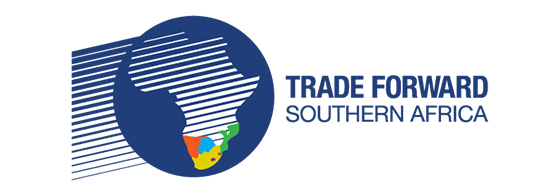
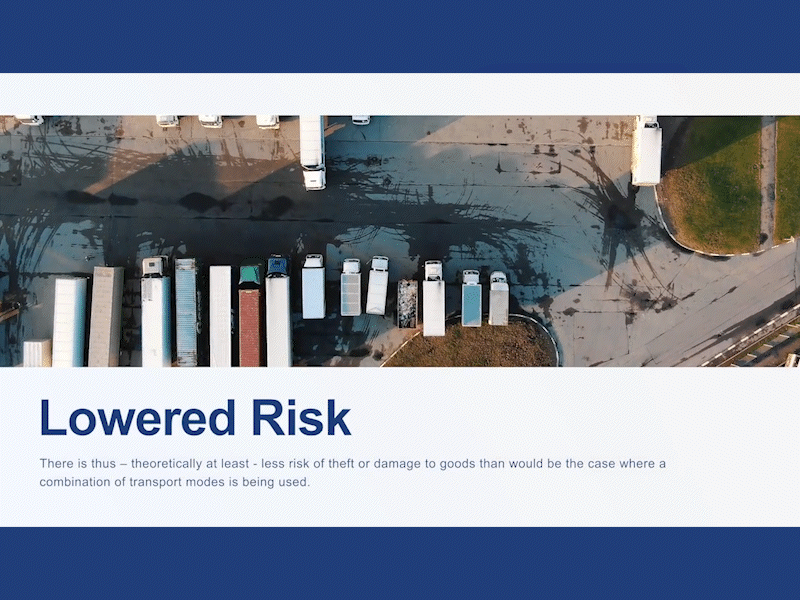
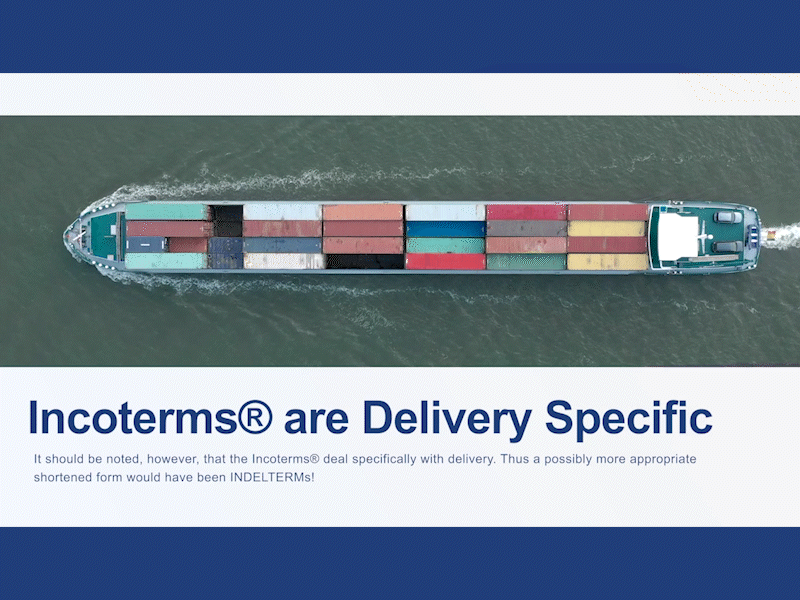
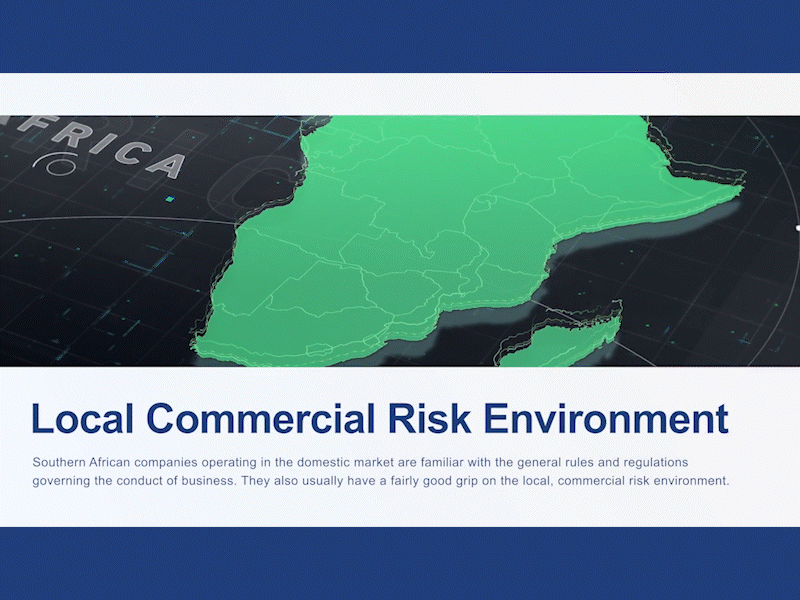
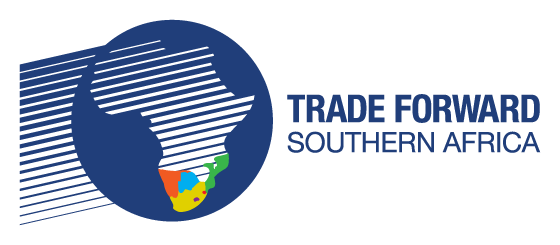





Leave a Reply